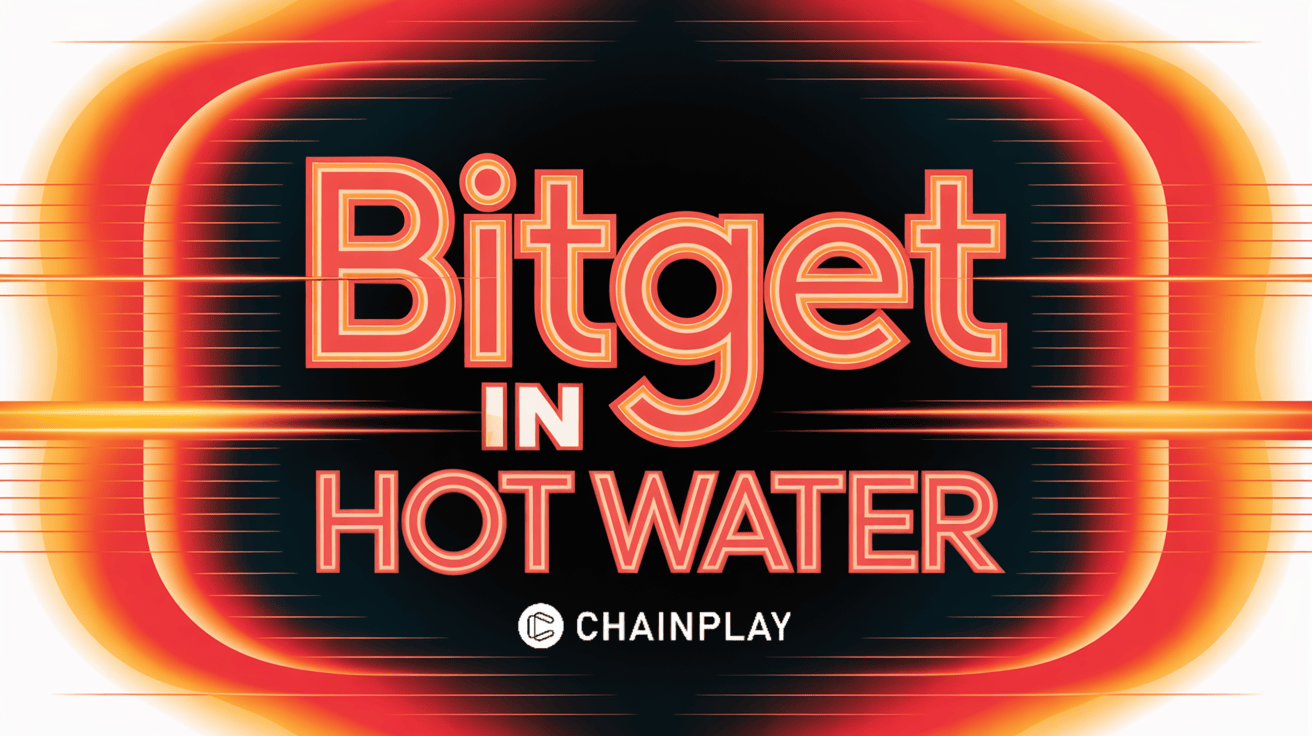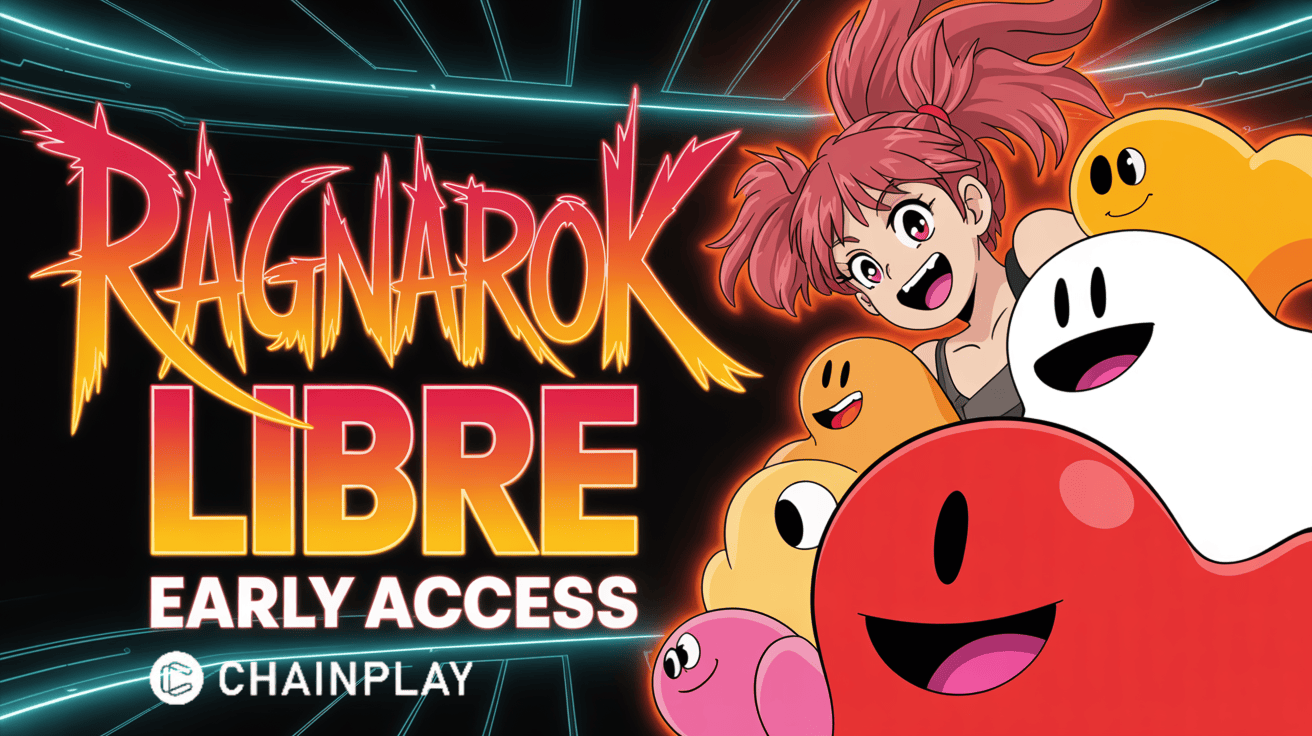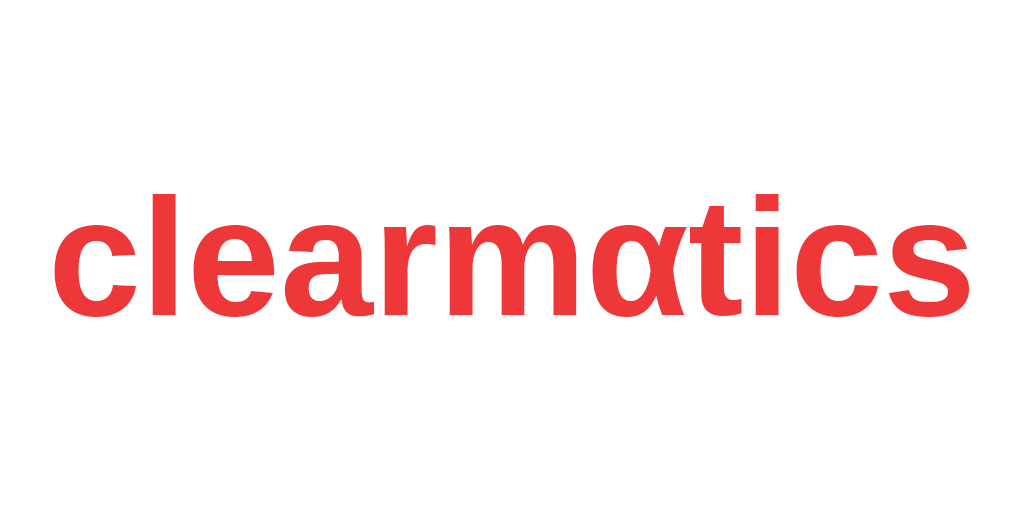News
Bitget in Hot Water: ASIC Warns Australians Against Unlicensed Crypto Futures Trading
ChainPlay
•
18 hours ago
Share :

The Australian Securities and Investments Commission (ASIC) has sounded the alarm again, this time targeting crypto exchange Bitget. According to a public statement released Sunday, ASIC accuses Bitget and its parent company, BTG Technology Holdings Limited, of offering high-risk crypto futures products to Australian users without the required license.
This move signals yet another push by the Australian regulator to tighten its oversight of the rapidly evolving and often complex world of cryptocurrency trading. And Bitget is far from the first to come under fire.
Let’s break down what’s happening, why it matters, and how it could affect everyday investors in Australia and beyond.
ASIC’s Core Concern: Bitget Not Licensed
The central issue? Bitget does not hold an Australian Financial Services (AFS) licence. Without this license, the platform is legally prohibited from promoting or offering financial products, such as crypto derivatives, to Australian investors.
Despite this, ASIC claims that Bitget has actively promoted unlicensed crypto futures products to locals. This is a problem for two big reasons:
- Investor protections don’t apply.
Australian investors using Bitget for derivatives trading aren't covered by key protections like dispute resolution, client money safeguarding, or product disclosures.
- High leverage, high risk.
Bitget offers leverage of up to 125:1. That’s wildly above ASIC’s regulated cap of 2:1 for crypto derivatives. For context, this means a $100 position could swing like it’s $12,500, either in profit or devastating loss.
ASIC is calling this a serious risk, especially to retail investors who may not fully grasp how dangerous leveraged trading can be.
What Exactly Is a Crypto Futures Product?
A crypto futures contract allows traders to bet on the future price of a cryptocurrency. It’s a type of derivative that doesn’t involve directly owning the asset. Instead, you're speculating on whether the price will go up or down.
When you add leverage, essentially borrowing money to magnify the trade, you can potentially multiply your gains. But the losses multiply just as fast, and you could lose more than your initial investment in extreme cases.
That's why ASIC has long maintained strict rules around leverage limits, especially for retail traders who don’t have professional market experience. Bitget’s offerings allow users to trade futures with up to 125x leverage. That’s the kind of exposure more often seen in professional or institutional trading, not in average investor portfolios.
Here’s what ASIC had to say:
“Trading in highly leveraged derivative products can result in substantial losses. For every dollar invested at this leverage rate, there is potential for 125 times magnified gains or losses.”
That kind of risk isn’t something most people can afford. And if the platform isn’t properly licensed, investors don’t have access to Australia’s built-in safety nets.
A Familiar Story for the Australian Crypto Scene
Bitget has been under the microscope not only in Australia but around the globe. According to ASIC, multiple countries have already issued warnings or taken enforcement actions against Bitget entities since 2022. These include Spain, Germany, France, Japan, Austria, Malaysia, Cyprus, and Canada.
It paints a broader picture: Bitget isn’t just facing isolated scrutiny. It’s part of a growing trend where global regulators are clamping down on exchanges that seem to operate outside legal frameworks.
This isn’t ASIC’s first rodeo with a major crypto exchange. In 2023, it revoked Binance Australia Derivatives’ license, citing similar concerns. Binance was accused of misclassifying retail clients as wholesale investors, effectively bypassing consumer protections. ASIC came down hard, ensuring that affected users were notified and certain operations were halted.
Bitget’s case feels eerily familiar. And if history repeats, stronger regulatory action could be on the horizon.
Bitget’s AUSTRAC Registration Isn’t Enough
Bitget is currently registered with AUSTRAC, Australia’s financial intelligence agency, but that registration only allows the exchange to offer basic crypto services, like currency swaps or wallet functions.
It does not grant permission for offering financial products like derivatives or futures. So even though Bitget appears somewhat regulated at face value, ASIC’s warning makes it clear that registration with AUSTRAC is not the same as having an AFS licence.
What This Means for Australian Traders
If you're trading on Bitget, especially with crypto futures or other leveraged products, here’s what you need to know:
- You're not protected by Australian law.
If something goes wrong, you may not be able to access dispute resolution or get your funds back through legal channels.
- ASIC can take further action.
A warning is usually just the first step. Enforcement could follow, and that may include blocking access or penalising the exchange.
- Think twice about high leverage.
It may seem tempting, but trading at 125x can wipe out your account faster than you think.
ASIC’s warning ends with a clear message:
“If you invest in something that is unlicensed and unregulated in Australia, it’s harder to get help if things go wrong.”
It’s advice every investor should take seriously.
The Bigger Battle: Innovation vs Regulation
There’s an ongoing tug-of-war between regulators like ASIC and the fast-moving crypto industry. And some insiders say the pace of innovation is leaving the rules behind.
Bridget Nichols, Chief Commercial Officer at Monochrome, a digital asset manager, summed it up well:
“Investor protection considerations are paramount, so ASIC has the correct focus. But inhibiting innovation is an unfortunate bi-product, as ASIC is unable to keep up with technical advancements in the digital assets industry.”
She added that her company’s recent launch of a Bitcoin ETF in Australia was a three-year journey, filled with regulatory hurdles. Nichols believes the only clear path for now is wrapping traditional finance rules around crypto products. But even that has its limits.
Final Thoughts
The crypto world promises freedom and opportunity, but that often comes with a lack of structure and legal safeguards. As ASIC ramps up efforts to protect Australian investors, platforms like Bitget are facing increased pressure to comply or face consequences.
This isn’t just a story about Bitget. It’s about the growing pains of an industry trying to scale across borders, navigate regulations, and offer financial products at a global level. For now, the lesson is simple: do your homework, know the risks, and always check if a platform is licensed to operate in your region. In crypto, what you don’t know can hurt you.
Share this article
#Other
Latest News

Ragnarok Libre Combines Idle RPG Action with Real Crypto
58 minutes ago

Introducing Forecast Markets on Autonity with the AFP
4 hours ago

Jackpotter Is Changing the Game: A Casino That Pays
5 hours ago

Bitget in Hot Water: ASIC Warns Australians Against
18 hours ago

Surprise FED Rate Cuts Could Spark a Major Crypto Market
19 hours ago
Related articles

But Jackpotter isn’t just another crypto casino. It’s a platform that blends the thrill of gaming with the transparency and speed of Web3, and it’s quickly gaining a strong following.
ChainPlay
•
5 hours ago

Clearmatics unveils forecast markets on Autonity—on-chain futures tracking real-world data with long-term liquidity and true decentralized trading.
ChainPlay
•
4 hours ago

Ragnarok Libre launches Aug 4. Earn $DELABS, join guilds, battle bosses, and get rewards. Pre-register now for exclusive items and token prizes.
ChainPlay
•
58 minutes ago



